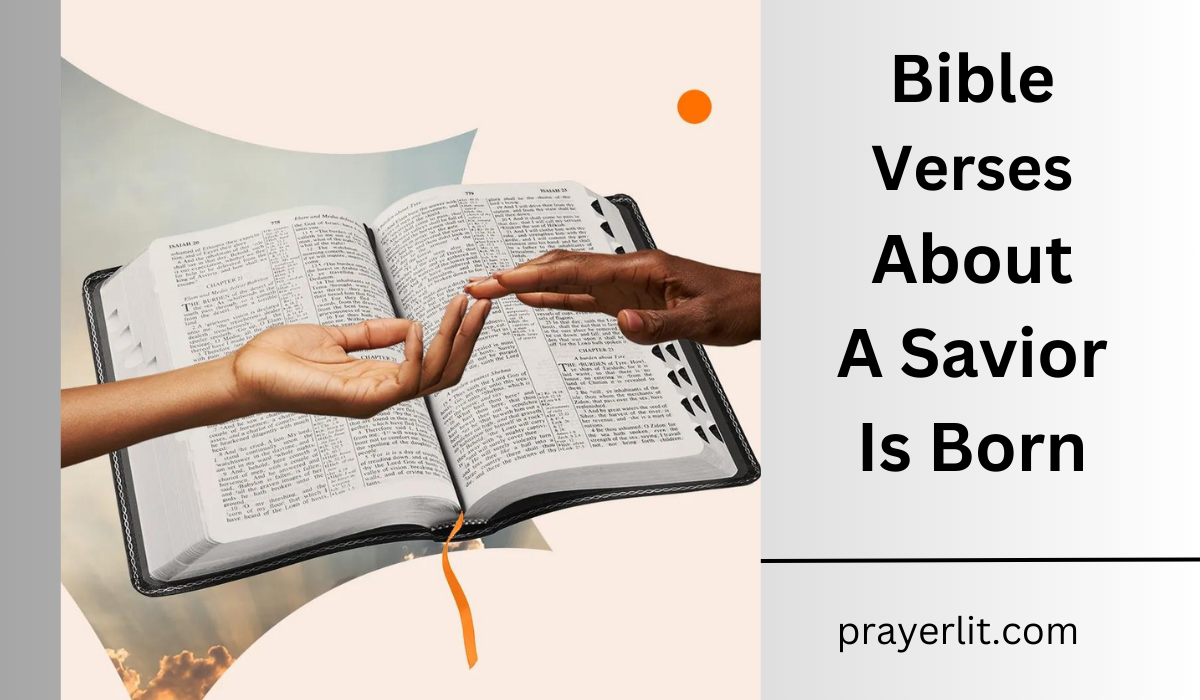One of the Bible’s most significant and joyful messages is the announcement of the Savior’s birth. Jesus Christ’s arrival as the Savior is a key theme throughout Scripture, from prophecies predicting His coming to angelic announcements of His birth. Scriptural passages concerning the Savior’s birth serve as a reminder of God’s immense love and the realization of His pledge to save humankind. Besides celebrating Jesus’s miraculous birth, these verses invite us to contemplate the hope, peace, and salvation He brings to the world.
Filled with wonder and divine intervention, the story of the Savior’s birth includes the angel Gabriel’s message to Mary and the star that guided the wise men to Bethlehem. Biblical passages concerning Christ’s birth serve as a reminder of the humility with which He entered the world and the deep significance of that event for human history. These bible verses about a savior is born prompt us to reflect on the importance of Jesus’ birth as the realization of God’s salvation plan, providing hope to all believers in Him.
Receive Daily Prayers in Your Mailbox
Need help with prayers? Subscribe to receive daily prayers and devotionals.

The arrival of the Savior is the watershed moment in humanity’s narrative. Jesus’ arrival, as foretold by prophets like Isaiah and fulfilled in the Gospels, signifies the dawn of redemption for a world lost in sin. Bible verses regarding His birth highlight the divine love that brought Him into the world to live among us and ultimately save us. These scriptures remind us of the miraculous nature of His birth and the joy that comes from knowing the Savior has arrived.
Jesus’ birth is celebrated not only as a historical event but also as a continual reminder of the hope and light He brings to our lives. Biblical passages concerning the birth of a Savior emphasize the angels’ announcement of “good news of great joy” and the shepherds’ astonishment at seeing God’s promise realized. These texts motivate us to commemorate the salvation gift, spread the joyous tidings to those around us, and embrace the certainty of God’s unwavering love via His Son, Jesus Christ.
